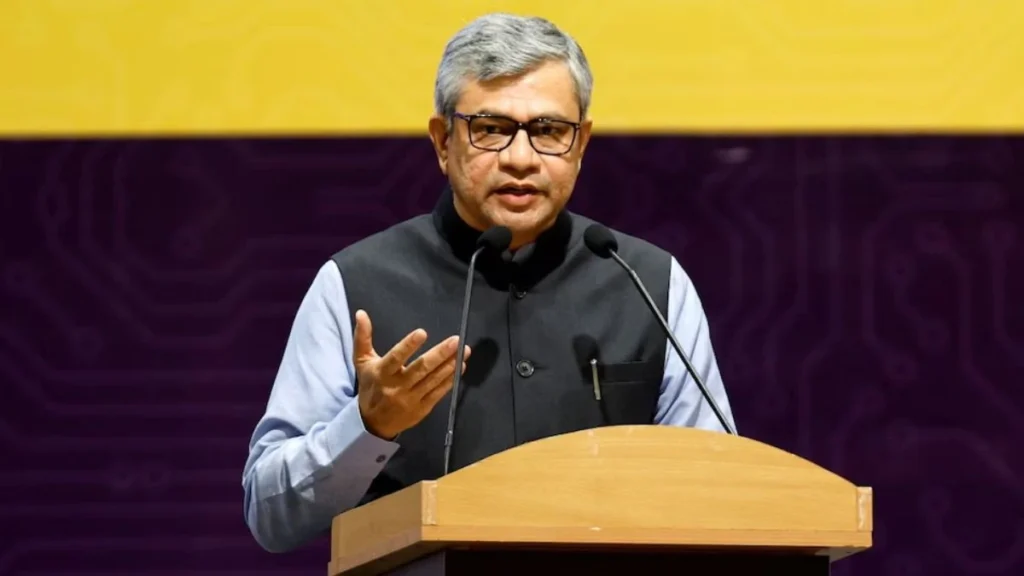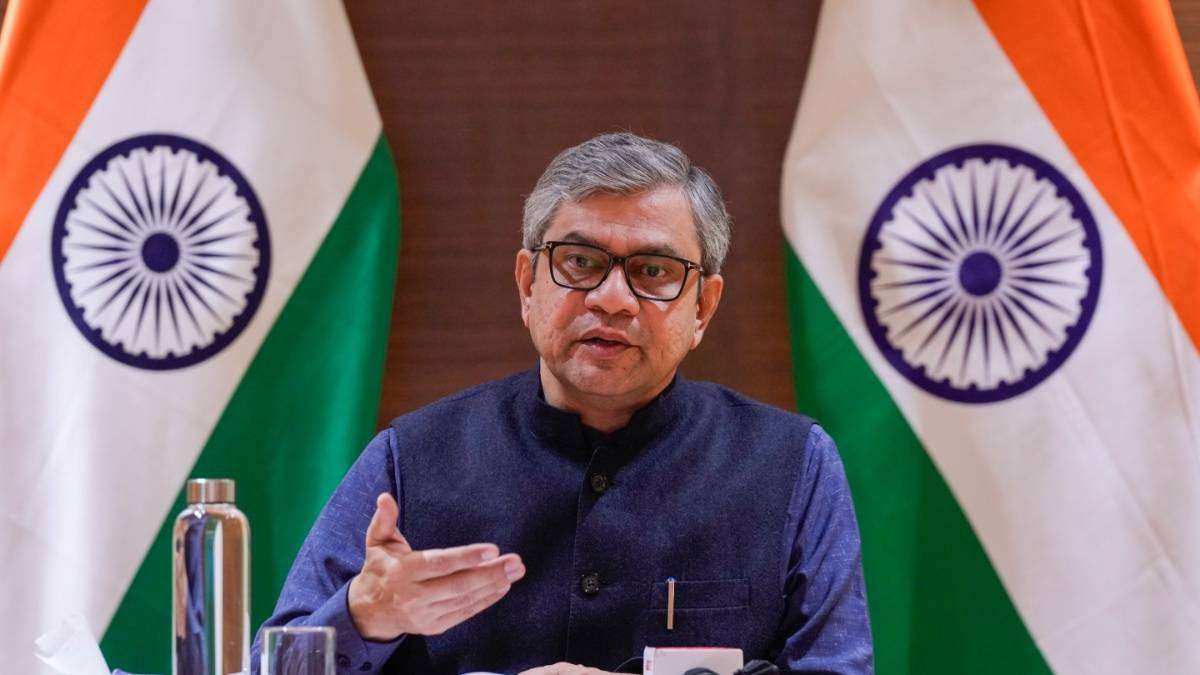Legislation Process for AI Regulation Could Commence After Conclusion of General Elections, States Union Minister
The Union Minister of Electronics & Information Technology, Ashwini Vaishnaw, recently indicated that India could initiate the process of legislating artificial intelligence (AI) regulations soon after the conclusion of the general elections, as reported. India has been contemplating the establishment of a regulatory framework to address various challenges arising from the rapid advancement of technology. This development follows closely on the heels of the Indian government’s issuance of an advisory urging tech companies to obtain “explicit permission” before deploying AI models that are still under testing or deemed unreliable within the country.
Although the initial advisory was later retracted, tech companies were instructed to incorporate visible labels indicating the “possible inherent fallibility or unreliability of the output generated” by their AI systems. In an interview with the Economic Times, Vaishnaw outlined the government’s intentions to establish a comprehensive regulatory structure for AI. He emphasized the necessity for a legislative approach rather than relying solely on self-regulation, stating, “One thought is to form a self-regulatory body. But we don’t think that would be enough. We think that this regulation should be done by legislative method. We have already consulted the industry. After elections, we will launch a formal consultation process and move towards legislation.”
Vaishnaw further emphasized that the proposed regulations would strike a “very balanced” approach to ensure that the creative freedom of innovators remains intact. However, he underscored the importance of implementing regulations to address various copyright, financial, and commercial considerations associated with AI technologies. This proactive stance reflects the Indian government’s commitment to fostering innovation while safeguarding against potential risks and ensuring ethical AI development and deployment in the country.
India could start the process of legislating artificial intelligence (AI) regulations right after the conclusion of the general elections, the Union Minister of Electronics & Information Technology Ashwini Vaishnaw said, as per a report. India has been planning to create some sort of regulatory framework to tackle various issues that have surfaced with the rise of technology. Notably, this comes just a month after the Indian government issued an advisory asking tech companies to seek “explicit permission” before deploying under-testing or unreliable AI models in the country.

That advisory was later withdrawn, and tech companies were asked to include visible labels containing “possible inherent fallibility or unreliability of the output generated”. Now, in an interview with the Economic Times, Vaishnaw explained the government’s plans to create a larger regulatory structure for AI. He said, “One thought is to form a self-regulatory body. But we don’t think that would be enough. We think that this regulation should be done by legislative method. We have already consulted the industry. After elections, we will launch a formal consultation process and move towards legislation.”
The minister also said that the regulations would be “very balanced” and ensure that the creativity of the innovators was not stifled. However, highlighting copyright, financial, and commercial implications, he said that regulations were necessary.
In India, the Digital News Publishers Association (DNPA) sent a letter to the government seeking copyright protection against AI models, as per an earlier report by ET. These challenges are expected to be addressed through the planned AI regulation.

















